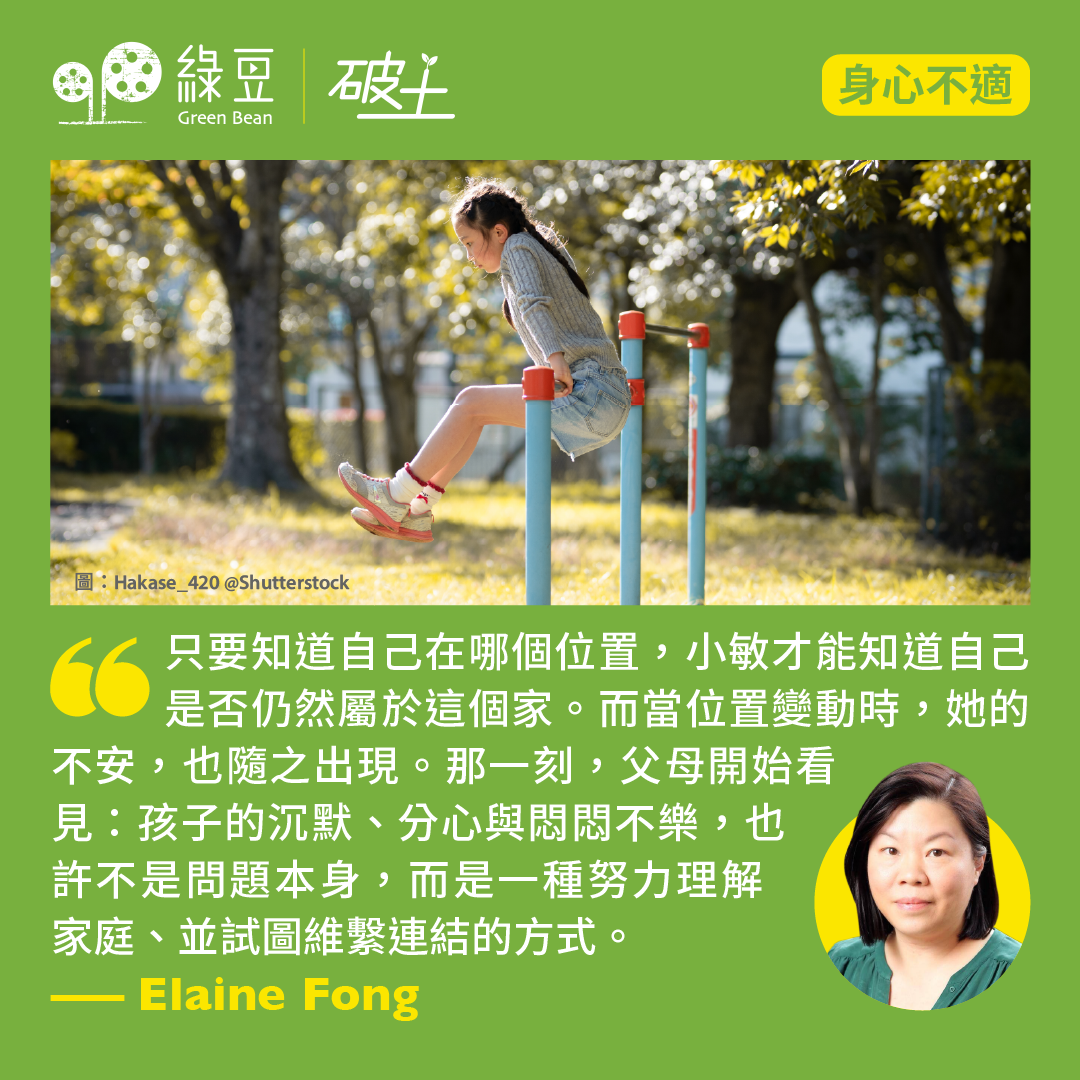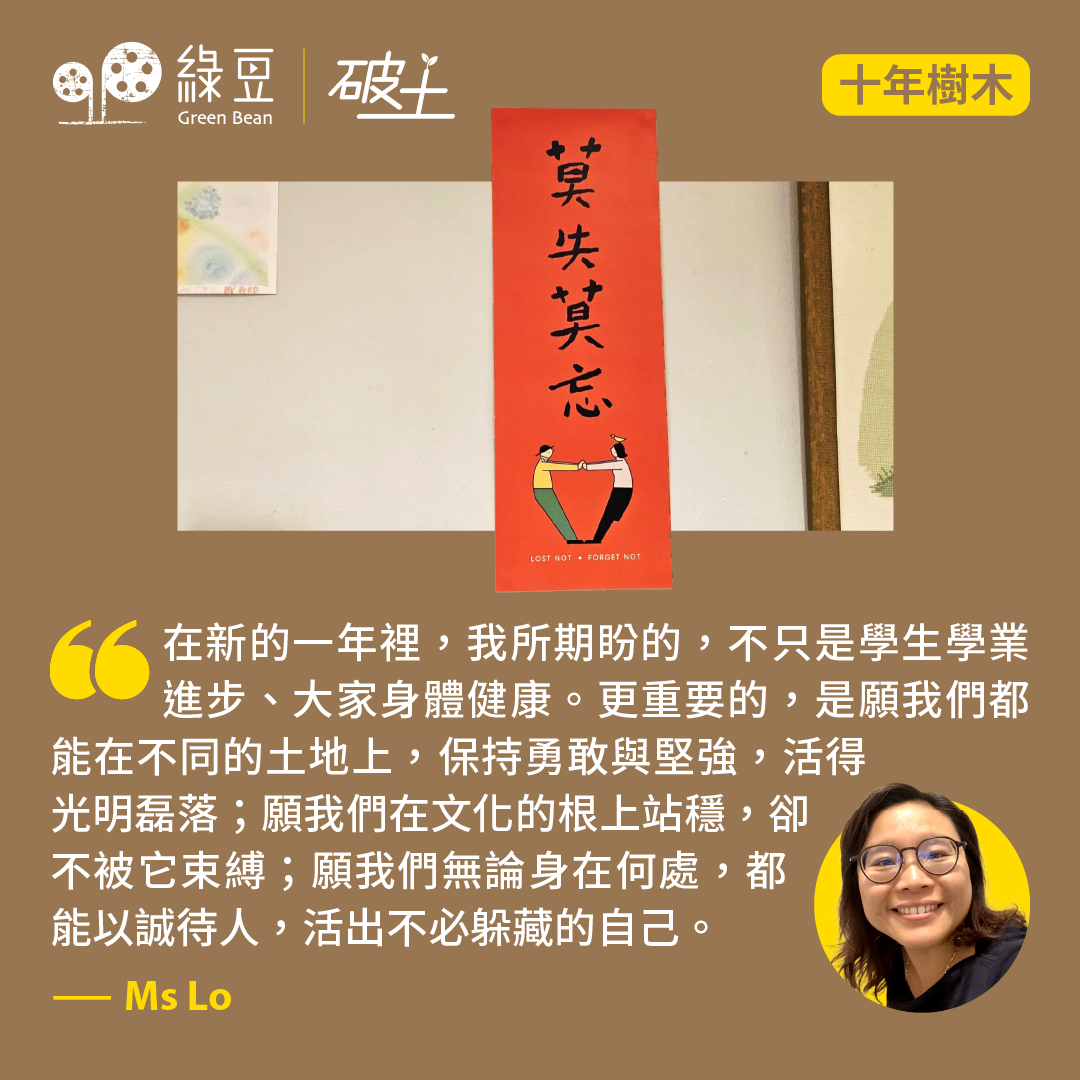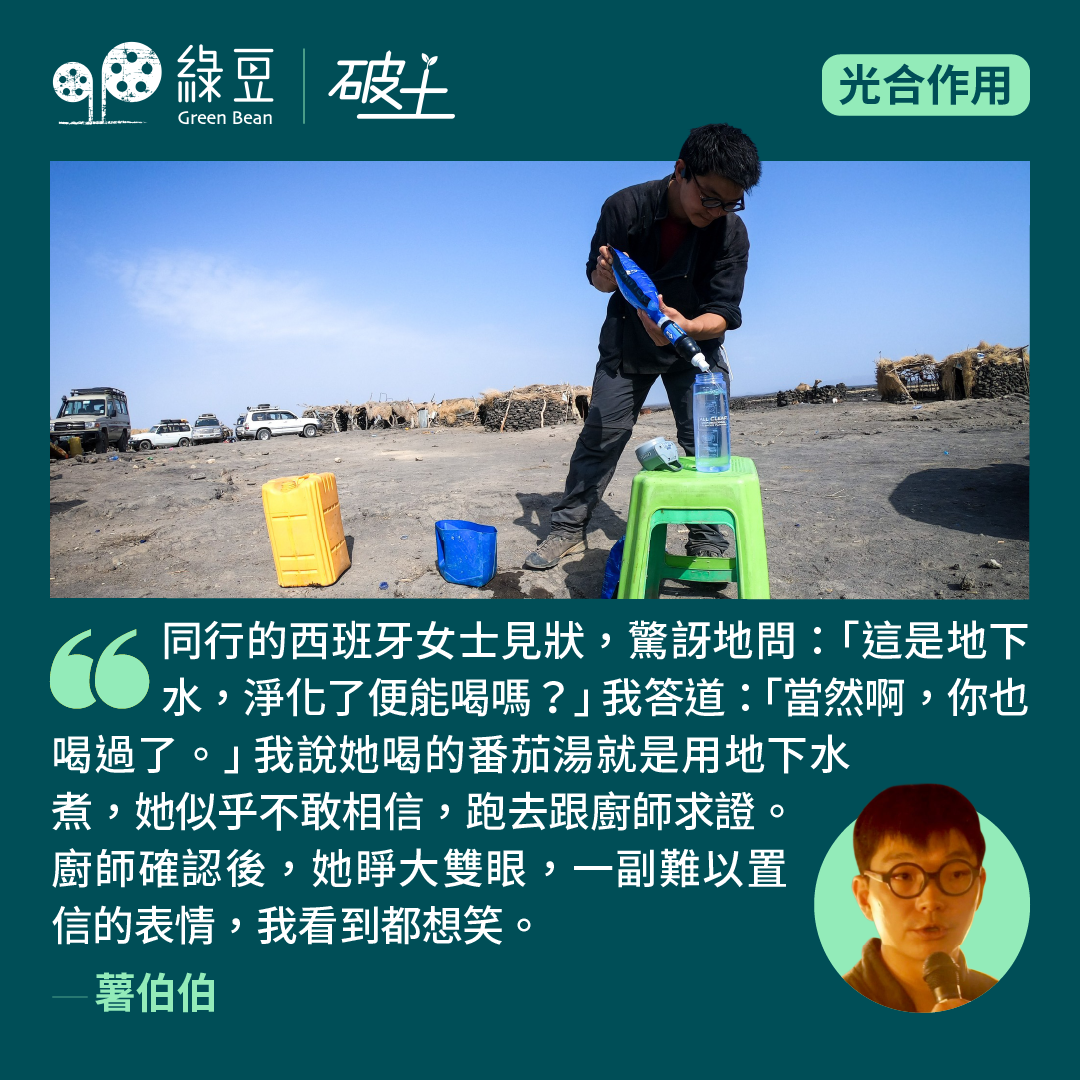The party is over for HK political parties

The Civic Party, Hong Kong’s second largest pro-democracy party, voted to dissolve on May 26, ending its 17-year-long dream of becoming a ruling party. Passed by a vote of 30 plus one abstention, the disbandment decision has caused no surprise.
Regrets and sadness, if any, have been overwhelmed by the thickness of fate and futility. Enter a growing feeling of disillusionment over the power of the people in making changes in the city towards a better tomorrow.
Founded by a group of legal and professional elites and leading academics, the Civic Party was inaugurated with a bang in 2006. Their founding members rose to political stardom as the people’s power blocked the Tung Chee-hwa government from bulldozing a bill on Article 23 in the watershed July 1 march in 2003.
Led by senior barrister Audrey Eu, the party became the first to state publicly their goal was to become a ruling party.
That had sounded too remote to be taken seriously then and after that. But the political aspirants should not be faulted for dreaming a dream that seems unrealistic, if not impossible. After all, the Basic Law does not prohibit the setting up of political parties, nor a ban on a ruling party.
Under the chief executive election law, a chief executive must sever his ties with political parties after he or she is elected. But there is no similar restriction on principal officials having affiliations with political parties. Whether those who hold membership in political parties decide to cut the ties after joining the government is a matter of their own.
The Legislative Council, with all seats open for grabs through constituencies of various sizes, had always been the main platform for political parties to fight for a bigger say in policies.
Although the executive authorities led by the chief executive are vested with enormous powers under the Basic Law, they are obliged to be accountable to the legislature. With both the chief executive and the legislature ultimately elected by universal suffrage in the Basic Law, it was hardly coincidental that political parties began to sprout one after another soon after the Basic Law was promulgated in 1990.
They include the Democratic Party, the Democratic Alliance for the Betterment of Hong Kong and the Liberal Party. The Liberal Party split later with the formation of the Business and Professionals Alliance for Hong Kong.
As the scramble for seats in the Legislative Council and District Councils grew fierce, the city’s political landscape saw the emergence of a list of political parties and groups across the political spectrum in the past decade.
The 2019 anti-extradition bill protest, followed by the enactment of a national security law and a revamp of the election system, has rocked the political landscape. Suffered from mass arrests and fleeing of leaders and active members, the pro-democracy force was torn into pieces.
Still, most pro-democracy political parties exist, though in name. In reality, almost all have become inactive, or to put it bluntly, are not able to play an active role in the political scene after the national security law took effect on July 1, 2020.
The imminent demise of the Civic Party has added more gloom to the pro-democracy force and will prompt others to contemplate their future, or more specifically, whether it still makes sense to run as a political party.
Under the new election systems for the Legislative Council and District Council, the chance of the Democratic Party, the largest among the pan-democrats, to get a handful of seats is paper thin. The practical gain of having a voice of two in the councils is limited, not to mention the risk of taking part in an election system dubbed as “patriots-only”.
On its face, the collapse of the pro-democracy force could have resulted in the predominance of the pro-establishment political parties in the political scene. It may not be the case. Of the 90 members in the newly-formed Legco, only 19, or about one-fifth, came from DAB, now the largest political party in the legislature.
Both the Legco and District Councils have and will become more fragmented with most of whom do not have affiliations with political parties.
The role and influence of political parties, including those in the pro-establishment camp, will be further weakened in the new political game with the powers of the Government growing further.
Against the background, it will not be a surprise if the DAB and the Federation of Trade Unions, the two major pro-establishment forces, will also have to rethink their strategies and direction.
Once seen as a microcosm of a pluralistic Hong Kong, the withering of the pro-democracy political parties may be just the beginning of an across-the-board decline of political parties in the city. That will not bode well for the vibrancy and diversity of the city’s social and political development.
▌[At Large] About the Author
Chris Yeung is a veteran journalist, a founder and chief writer of the now-disbanded CitizenNews; he now runs a daily news commentary channel on Youtube. He had formerly worked with the South China Morning Post and the Hong Kong Economic Journal.





